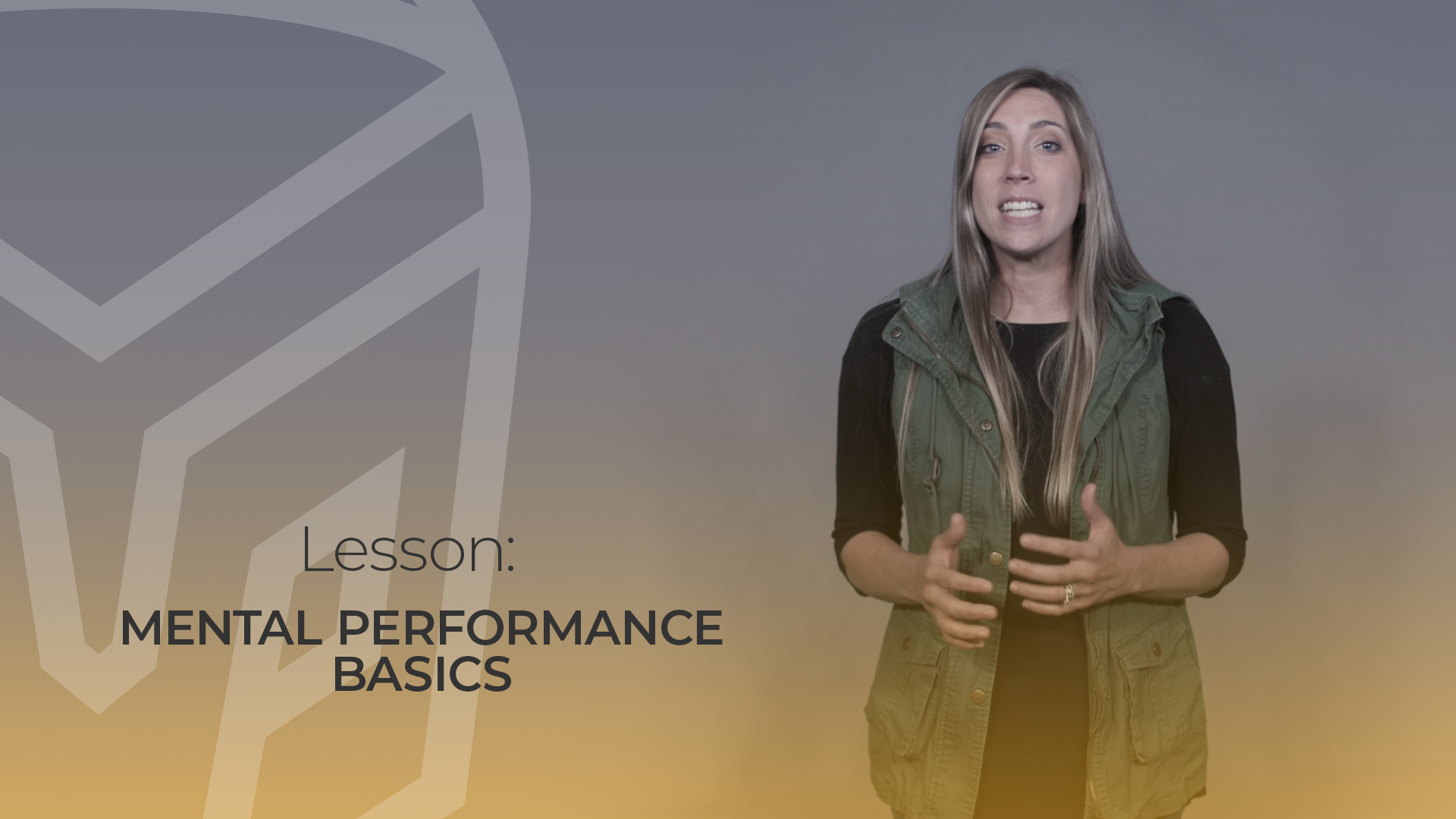Mental Performance Basics
What percentage of a performance’s success do you believe to be mental? Physical? Technical? Tactical? Cultural? No matter what percentage you believe the breakdown to be, each area contributes to an individual and a team’s success.

"Any man could, if he were so inclined, be the sculptor of his own brain."
Reach Out to Us
Have questions or comments about this week’s lesson? Reach out to us!
